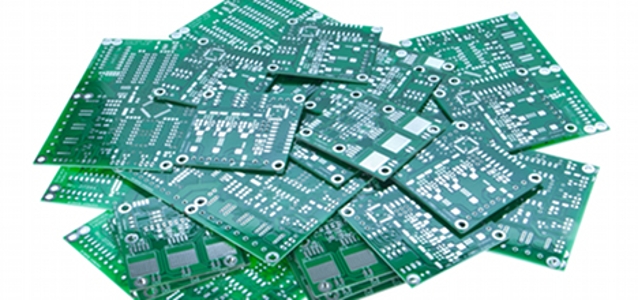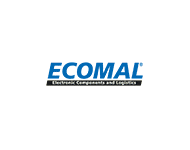
© handmadepictures dreamstime.com
PCB |
AT&S and corporate responsibility
With Asia's industrial revolution at full speed, many international companies end up being in the spotlight. Corporate responsibility can - and often will - be interpreted differently. We talked to AT&S about the subject.
Foxconn and Apple are not the only companies that have been scrutinizes. Work environments, ethics and consideration for the environment have become major selling points; not only - but foremost - in the electronics industry. PCB manufacturer AT&S is supplier to a number of the big players in the industry.
So how does the Austrian company hold true its own values and ethics, when China and India can seem rather far away. Martin Theyer, Director Strategy & IR/PR, answered a few of our questions.
AT&S has several plants on the Asian continent. What has been done to ensure compliance with local law and regulations?
Meeting the requirements from laws, regulations and above is essential for us for maintaining our licence to operate and to be seen as a world leader in producing high-end PCBs. All manufacturing plants are certified according to ISO14001 (environmental management system) and OHSAS18001 (occupational health and safety standard).
AT&S has set up a well structured process for legal compliance. Besides the frequent audits of external certification bodies (last audit successfully passed in March 2013), internal audits from Headquarters are also carried out at each facility. Moreover - AT&S has tighter internal standards set to make sure that environmental footprint is kept to a minimum.
Local laws and regulations will not always comply with European standards. How does AT&S deal with this discrepancy?
It is true, each country has its own regulations. Over a long time, AT&S has accumulated experience to be compliant with the local requirements in all of its locations.
One important aspect however is, that AT&S does not make any difference between the health and safety standards in Europe and Asia. For instance, all plants have the same safety requirements for machines (based on the European standard) and personal protective equipment which is provided for free to all AT&S workers.
Several bigger companies operating in China and India see a constant turnover of employees? Is there a specific reason for such a high turnover?
Our experience in India and China is slightly different. Our turnover in India is in line with the industry standard, in China even slightly below that. This can mainly be attributed to the fact that we try to engage with our staff at all levels through an employee opinion survey (EOS), suggestion box, employee communication meeting, Canteen committee, employee club, inhouse facilities like a library or a clinic for example. However, compared to Austria or Europe the rates seem still quiet high.
Several electronics companies have also been scrutinized by NGOs concerning workers' rights. A number of comments over the last few months indicate that AT&S is believed to be not complying with local requirements either. Any comment from AT&S regarding these accusations?
As mentioned before, it is in our own interest that we are complying with all local statutory requirements related to our staff. In addition, the Department of Factories and Labour, a governmental body conducts regular inspections. We are always meeting the statutory compliance and are submitting all the reports on time.
Also, regular meetings are held with the employees' association - at HR level and with the local board of management - once a month. During these meetings, all aspects affecting employees and are related to the employees' association are discussed and addressed. To accuse us of not complying with local regulations is therefore simply not true.
China and India are both countries where environmental protection is still in its early stages. What does AT&S - as a PCB producer using chemicals in almost all production stages - in that direction?
When you're looking into the details of India's and China's environmental related regulations, it becomes quickly obvious, that the Asian regulations have become much more strict over the past years. From an environmental point of view, China and India's regulations already can compete with the European ones.
AT&S is, and always was, the front-runner in the PCB industry regarding environmental protection. A couple of awards we've received over years is proof of that. Environmental protection - in terms of resource conservation, energy, chemicals and water saving activities - helps AT&S to be more costs competitive. Manufacturing costs can be decreased by yield improvements and with well educated and trained people on your staff.
So I would say, AT&S - in fact - goes one step beyond legal requirements to improve the environmental protection in its facilities. As said before, it is also part of the requirements to receiving and keeping our license to operate.






